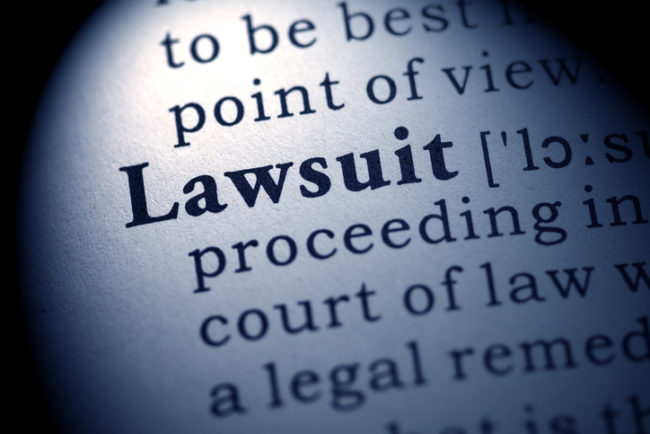On February 14, 2018, the hockey equipment company, Reebok-CCM Hockey (CCM), filed an opposition motion to Hefter Impact Technologies, LLC (Hefter) Emergency Motion. In their Emergency Motion, Hefter argued that they should be allowed to depose six people, including Pittsburg Penguins’ star Sidney Crosby, even though a scheduling order originally stated that all depositions must be completed by September 30, 2016. In opposition, CCM argued that Hefter should not be allowed to retake/take six depositions on the eve of trial simply because they characterized the depositions as trial preservation depositions, Hefter realized they made a poor tactical decision in not taking three depositions, Hefter did a poor job in three other depositions, and of judicial economy.
As we have previously reported, in September 2015, Hefter filed a suit against CCM alleging that CCM contractually owed royalties on hockey helmets that were derivative of a Hefter design. Hefter, a startup hockey-helmet design company, asserted that it has an existing royalty agreement with CCM. CCM was permitted to use Hefter’s outer shell design on a popular CCM hockey helmet. Hefter alleged that CCM owes royalties on later CCM helmets that also use the Hefter outer shell design. The later CCM helmets became popular, and at one point, a third of all NHL players wore the CCM helmets.
Hefter is seeking to depose Philippe Martin, a CCM helmet designer, Laura Gibson, CCM product manager, Michel Benoit, former CCM employee who dealt with Hefter, Ryan Crelinsten, a former CCM product manager, Sebastien Morin, former CCM helmet designer, and Mr. Crosby, who provided input on the helmets. According to CCM, Hefter knew about Mr. Morin, Mr. Crelinsten, and Mr. Crosby, during discovery, and asserted that it would take their depositions, but then late decided not to do so. Further, CCM argued that Hefter only wants to re-depose Ms. Gibson, Mr. Martin, and Mr. Benoit because Hefter did a poor job interrogating them during their depositions. CCM claimed that Hefter asked hundreds of questions that yielded little information because Hefter asked about very specific facts, which occurred 8-10 years in the past, and about topics that the parties were not going to testify about.
Hefter argued that it should be allowed to retake/take the depositions as trial preservation depositions. However, CCM argued that the court does not make a distinction in its treatment of discovery and trial preservation depositions, and even if it did, Hefter’s request should be denied because the scheduling order, after it was amended several times at Hefter’s request, required that all depositions to be completed by November 29, 2016. Finally, CCM argued Hefter’s motion should be denied for reasons of judicial economy. According to CCM, “if [Hefter’s] motion were allowed, it would set a horrible precedent, as future litigants would be discouraged from diligently completing discovery in a thorough and timely manner.”

